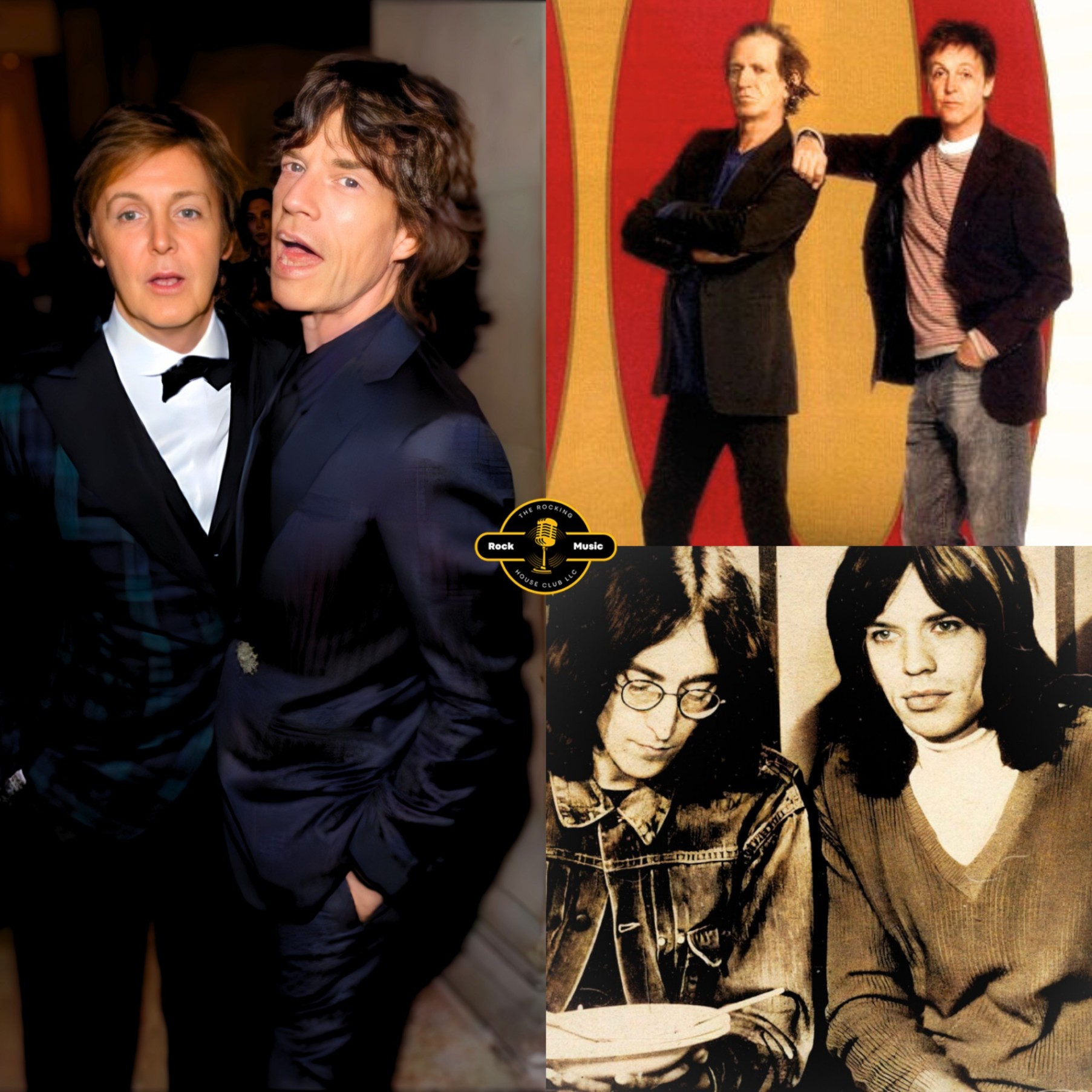Young, spotty, and more chipper than their ropey chops should’ve afforded them, The Beatles stepped out and played their first concert on a sweltering August evening at Liverpool’s Jacaranda Club in 1960. They officially broke up just under ten years after that first bow, on April 10th, 1970, when Paul McCartney’s infamous written statement was handed to the press.
Within that time, they released 12 albums, 22 singles, and five films. They rode the unprecedented high of Beatlemania, embraced a slew of ‘bigger than Jesus’ controversies, grieved the death of their manager, took a notable trip to India, changed the world irrevocably, and when they formally called it a day, Ringo Starr, their oldest member, was only 29. The mind boggles.
It’s an output that makes ‘calling it a day’ seem like a misnomer—they actually had a full career condensed into a single manic decade, ensuring that the ’60s would be remembered as the ‘swinging’ decade at that. As little more than kids, they were thrust towards a level of fame hitherto unknown in human history, and they embraced that along with the weight of a revolution in a manner that seems almost miraculous. In actual fact, a question more apt than why they broke up is actually: How on Earth did The Beatles survive for so long?
Yet, despite enormous respect from The Rolling Stones, on the whole, this break-up has afforded their London counterparts the chance to probe at a chink in the Fab Four’s armour. As Keith Richards once candidly told the Radio Times: “Musically, The Beatles had a lovely sound and great songs. But the live thing? They were never quite there.” His gripe was that they spot touring and, in the process, lost sight of themselves. After all, surely a, if not the, major part of music is connecting with a live audience.

In truth, when the band did quit the road, they had played a whopping 1,300+ concerts. That’s more than enough shows for their 1966 decree of curtailing touring to seem like maybe more of a hiatus. However, in Mick Jagger’s view, it was this move that brought an end to the band more so than any other factor.

In fact, in 1970, he pinned the relative longevity of The Rolling Stones to one single, simple maxim: “suitcases not country houses”. It was his firm belief that the road is integral to healthy musicianship. As he clarified in an interview with the New Musical Express, “I think musicians should live out of suitcases and not out of country houses.”
If the Fab Four had abided by that, he believed that they may have still been going, but conceded, “I guess that is something that John and Paul found they could not do.” To the Liverpudlians, country homes did indeed hold more appeal at the time. After their last gig at San Francisco’s Candlestick Park of the ‘66 world tour, George Harrison was quoted as saying, “Right – that’s it, I’m not a Beatle anymore!” Later adding, “I began losing interest in being fab at that point.”
The tour had brought the band a shedload of stress and screaming. They were playing venues too vast for the stereo technology of the day to compete with, so every concert was drowned out by wailing teenage fans. An increasingly spiritual Fab Four saw little artistic benefit in the pantomime pandemonium of their performances. And beyond that, there were a few scary moments on the road when their lives seemed in danger.
But Jagger insisted that the road had changed. “I think if they had stayed on the road a little bit more and got into playing… I mean they can sing. I respect their point of view, why don’t they play on stage… but they should be able to get out of that actual thing of being idolised.”
He continued, ”Paul could do it. He could say this is my solo thing in concert. I am going to sing all my own songs with a guitar. He could do it and it wouldn’t be screaming kids throwing jelly babies. They would just sit up and listen. The other doesn’t happen anymore but I think they believe it does. You have to go to the people.”